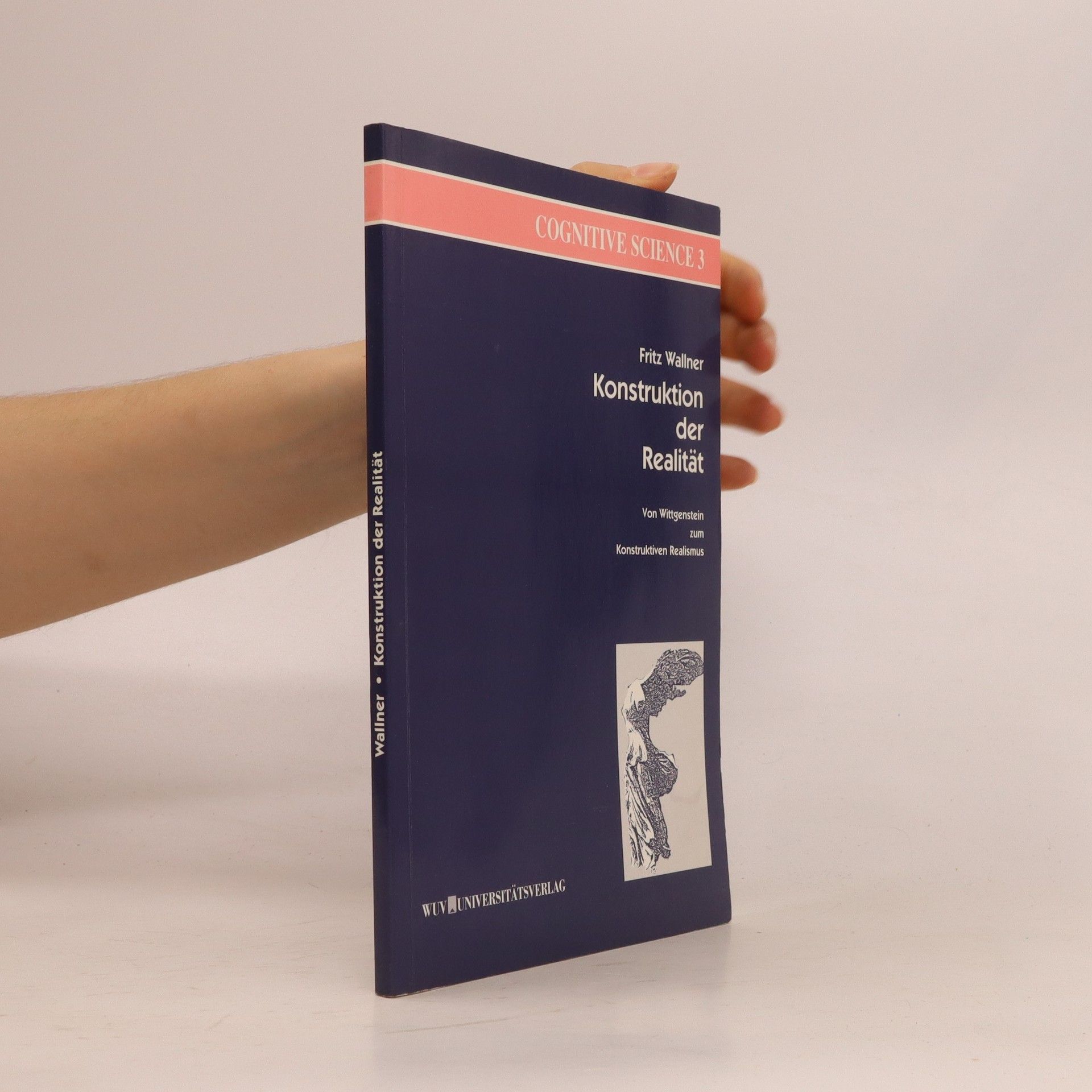Friedrich Wallner Books





Five lectures on the foundations of Chinese medicine
- 98 pages
- 4 hours of reading
The book contains the latest results of the research on the foundations of Traditional Chinese Medicine (TCM), done by Professor Wallner from Vienna and a group of leading TCM specialists. The research on TCM does not deal with single medical concepts, but concentrates on its foundations, the structure and form of this medical science. It discusses the relation of TCM and Western Medicine, a concept of science, their peculiarities and differences, the problems of a thoughtless mixture. The book mainly presents five lectures by Professor Wallner about his latest research on the structure of TCM. Additionally, the book contains contributions from TCM specialists as Zhang Weibo, Lan Feng-Li, and Günter Gunia.
Die Chinesische Medizin gewinnt in Europa und weltweit an Bedeutung, doch vermischen sich dabei wertvolle medizinische Einsichten mit Scharlatanerie. Dies ist auf eine politisch motivierte Umgestaltung in den 1950er Jahren zurückzuführen, als Mao Zedong Aspekte der traditionellen Medizin ausschloss, die nicht mit modernem Denken vereinbar waren, und die TCM (zhongyi) ins Leben rief. Diese Umformung führte zu einer erheblichen Verfälschung der klassischen chinesischen Medizin. Das Buch entstand aus der Zusammenarbeit eines Kulturphilosophen und Wissenschaftstheoretikers mit einer Sinologin und Ärztin. Es zielt darauf ab, ein angemessenes Verständnis für zentrale Ideen der klassischen chinesischen Medizin zu fördern, ohne sie in das europäische Denkschema zu zwängen, was ihren Inhalt gefährdet. Die Kapitel eröffnen eine Gedankenwelt, die die moderne Medizin bereichert und teilweise korrigiert. Der Leser wird ermutigt, die Grundlagen der europäischen Kultur besser zu verstehen und erhält einen Leitfaden im Umgang mit kulturellen Schätzen. Das Werk trägt somit zu einem besseren Verständnis der kulturellen Vielfalt und des Reichtums unserer Welt bei. Die Autoren, Andrea-Mercedes Riegel, die chinesische Medizin praktiziert und lehrt, und Friedrich Wallner, Universitätsprofessor für Philosophie und Wissenschaftstheorie, widmen sich der Erforschung und Interpretation der traditionellen Chinesischen Medizin.
Konstruktion der Realität
- 116 pages
- 5 hours of reading